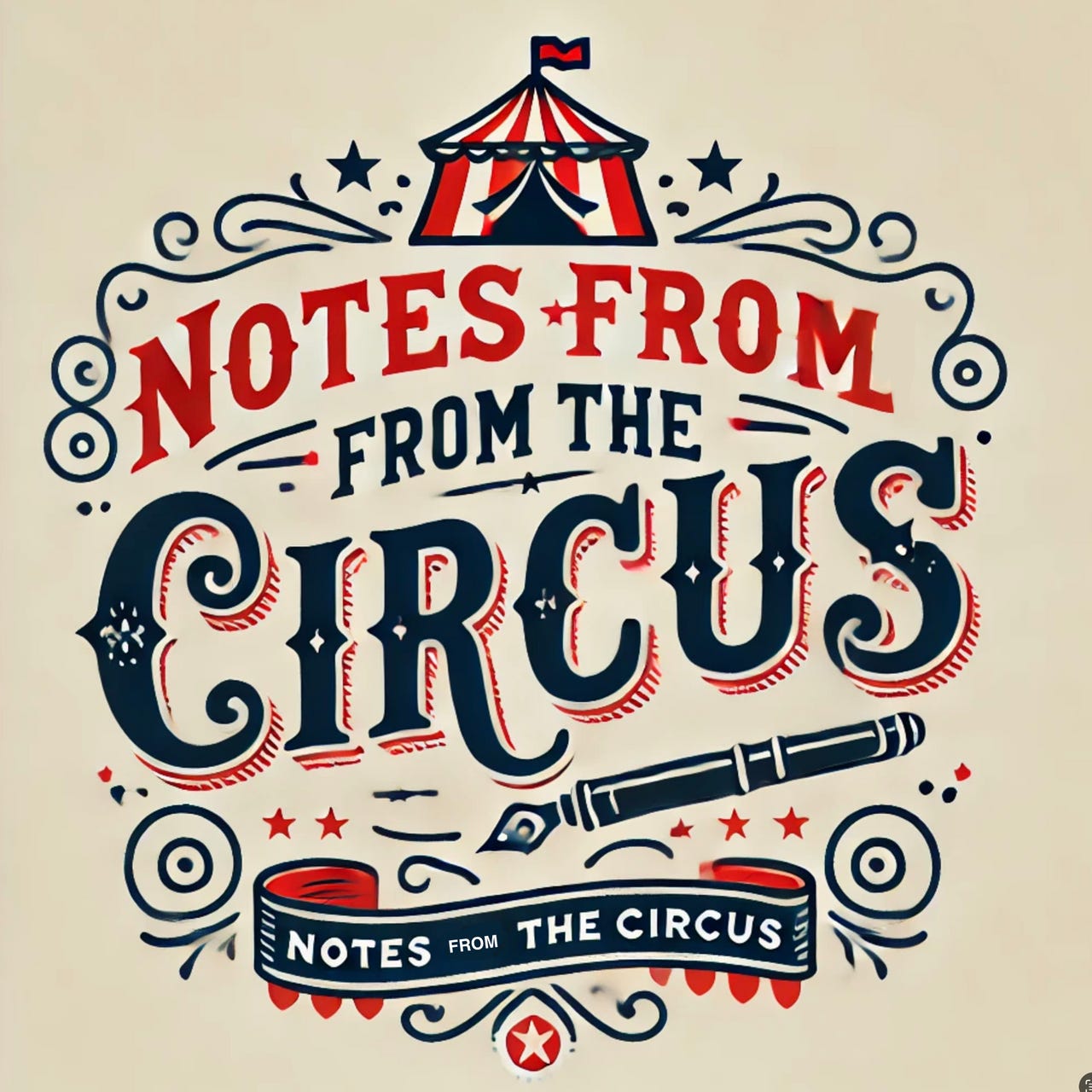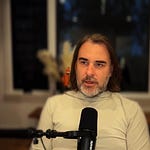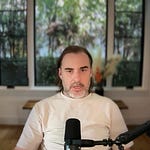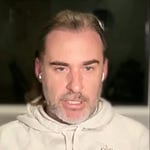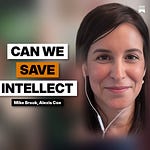Because this is, after all, a philosophy blog, for today’s Substack Live, we went straight into the heart of the thing I keep circling in my essays: how we think about politics, why our categories have collapsed, and what that collapse is doing to our ability to govern ourselves. I tried to pull apart the confusion between classical liberalism and the hollow neoliberal operating system we inherited from the late twentieth century, and why people like Patrick Deneen end up attacking a caricature of liberalism rather than the tradition itself. We talked about founders like Madison, Jefferson, Locke, and Smith and how their understanding of virtue, civic republicanism, and institutional design bears almost no resemblance to the flattened “liberalism” conservatives rail against today.
I spent some time on the epistemic side of this—how humans build categories, how those categories drift, and how political rhetoric exploits that drift until everything becomes indistinguishable from everything else. When people can’t tell classical liberalism from libertarianism, or republican virtue from socialism, you end up with a polity incapable of reasoning about its own foundations. That’s where we are.
That’s the conversation. Where we are, why we’re stuck, and what it will take to rediscover the ability to make sense together again.



